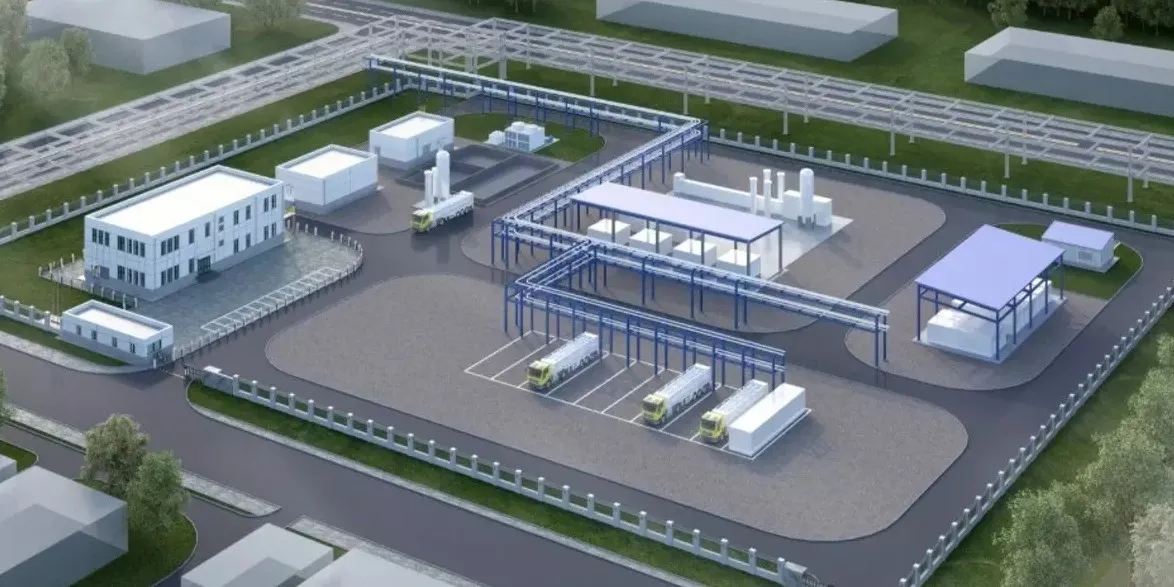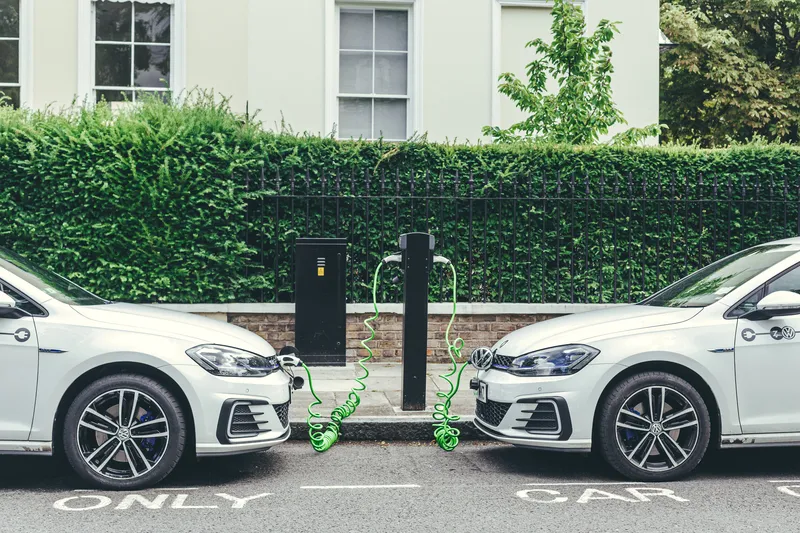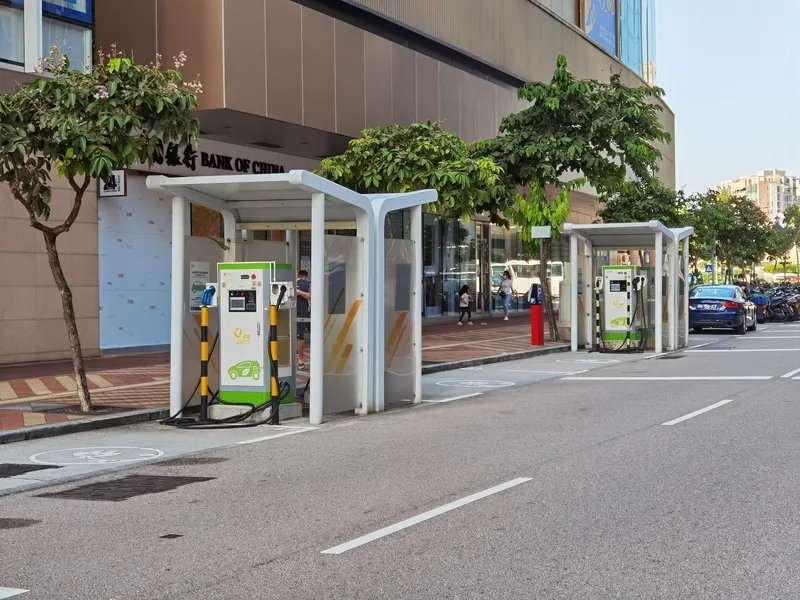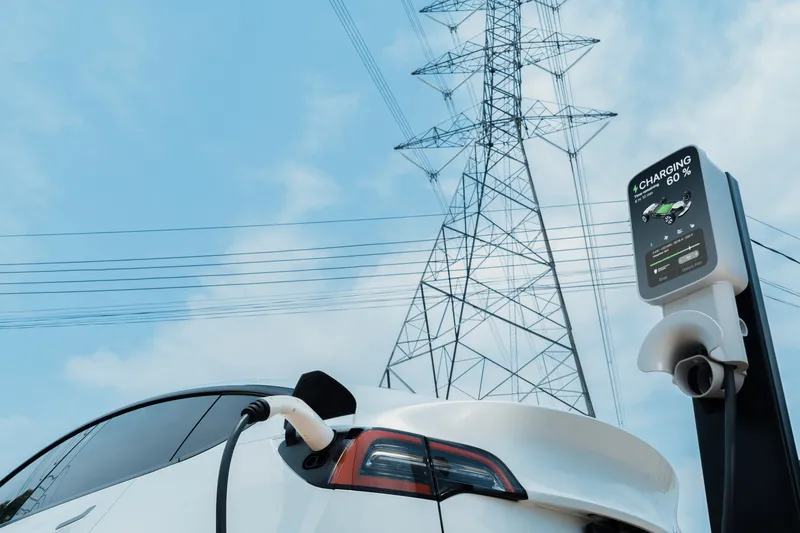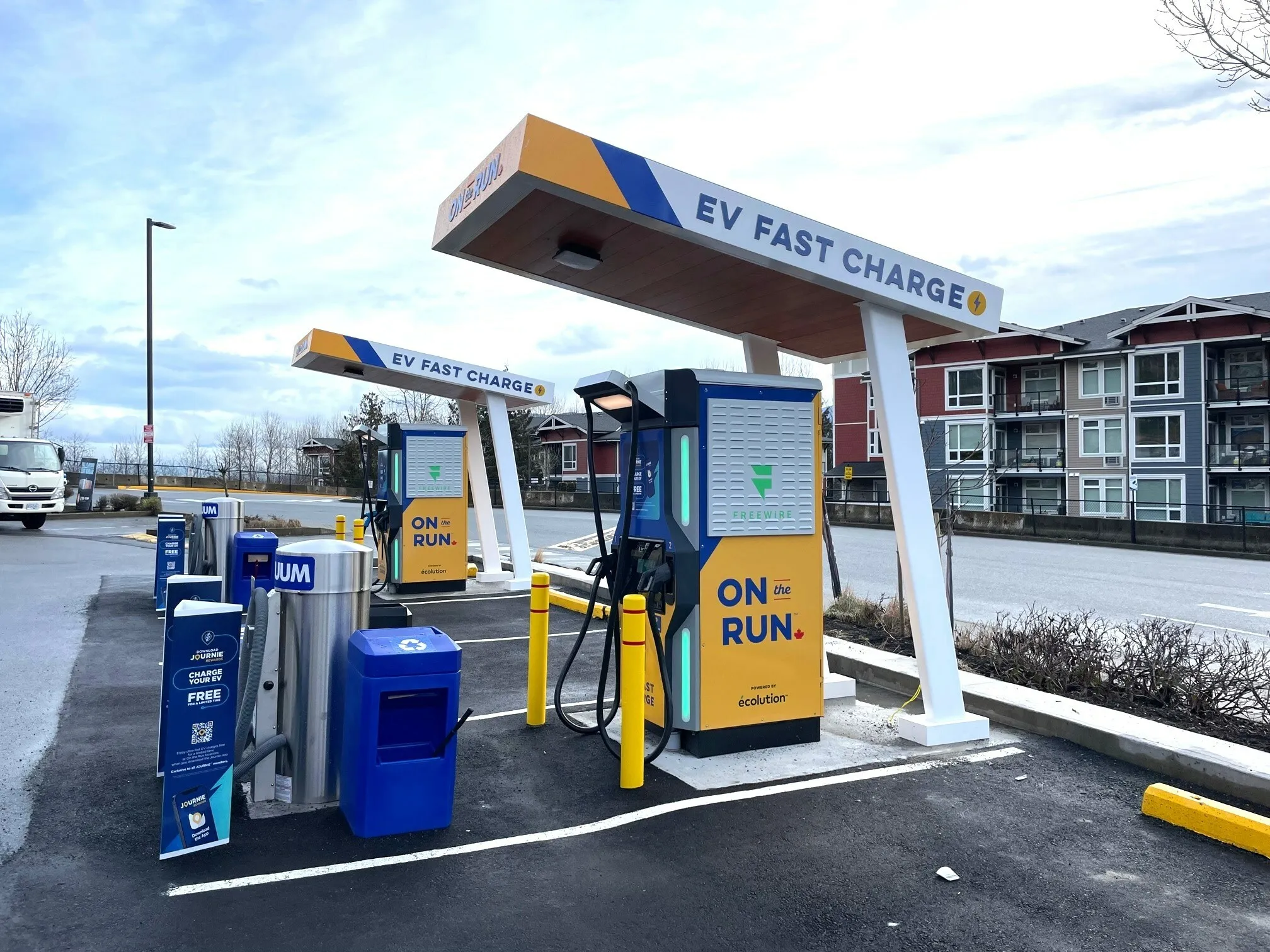
The up to CA$210m financing agreement positions Parkland to strategically expand its EV charging network in communities across Canada. The initiative paves the way for the installation of up to 2,000 new charging ports at up to 400 sites and represents the CIB's second investment under its Charging and Hydrogen Refuelling Infrastructure (CHRI) initiative.
By providing loans towards the buildout of electric vehicle charging infrastructure, the CIB initiative aims to alleviate range anxiety and accelerate EV adoption, which will significantly reduce transportation sector greenhouse gas emissions.
Parkland's existing EV charging network is primarily located in British Columbia (BC) which has the highest proportion of EV drivers in North America. The company is focused on targeting markets with tangible customer demand and is following consumer behaviour closely. In addition to expanding its charging offer within its existing retail fuel network, Parkland is exploring additional third-party capital opportunities to help fund its own, and potential third-party sites.
The CIB investment is designed to mitigate risks such as uncertainty in the rate and pace of EV adoption and charger utilisation, which have historically been barriers to private investment in charging infrastructure.
To date, CIB investments in electric vehicle charging infrastructure will enable the installation of approximately 4,000 public fast charging ports across Canada. The CHRI is focused on expanding the private sector's rollout of large-scale charging and hydrogen refuelling infrastructure.
"By investing in charging infrastructure, we can support EV adoption and help to significantly reduce transportation sector greenhouse gas emissions. Our financing agreement with Parkland will bring approximately 2,000 public fast charging ports online across Canada,” said Ehren Cory, CEO of Canada Infrastructure Bank. “Since the launch of our Charging and Hydrogen Refuelling Infrastructure initiative, we moved quickly to collaborate with the private sector and are nearing our initial investment target of CA$500m. As part of the increased sector target for Green Infrastructure, which is now CA$10bn, we will continue to meet the strong market demand for this initiative and expand the availability of charging infrastructure."
According to Darren Smart, Parkland’s SVP energy transition and corporate development, the company’s initial investments in EV charging have been positive. “Strong customer utilisation has validated our strategy to build scale in markets with tangible demand and has confirmed our belief that a high-quality customer experience matters.”


